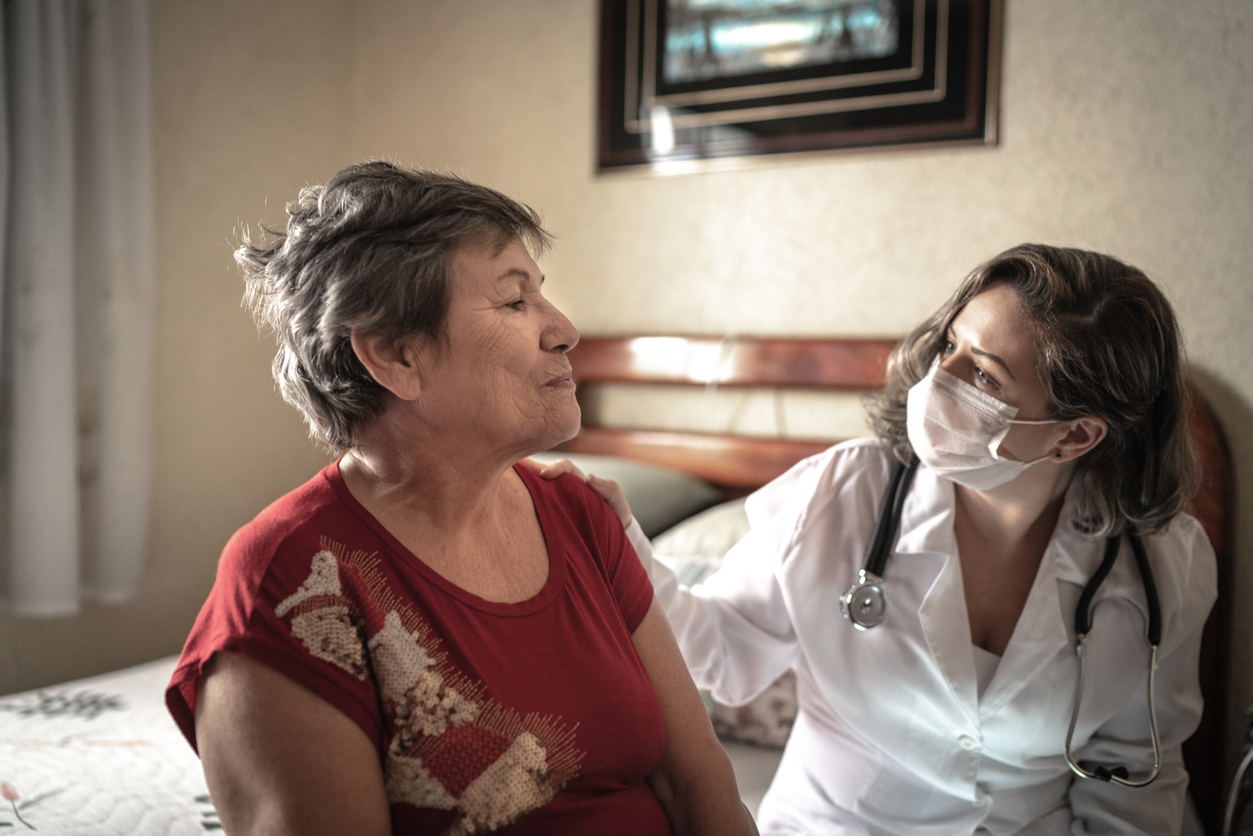In the fast-paced world of emergency medicine, many physicians may think there’s no time for delicate conversations about end-of-life wishes. Dr. Leah McDonald of HopeHealth wants to change that.
“A lot of the decisions we make in the emergency department (ED) put patients down a trajectory of invasive treatment, such as intubations and going to the intensive care unit. But if a conversation starts in the emergency department about end-of-life wishes, it may lead to a different outcome that’s more in keeping with the patient’s goals,” Dr. McDonald said.
Much of these valuable conversations can happen in just three minutes, which Dr. McDonald learned while studying hospice and palliative medicine as a medical fellow at HopeHealth.
In partnership with the Brown University Hospice and Palliative Care Fellowship, HopeHealth’s medical directors train physicians in hospice and palliative care. A fellowship is advanced training for physicians after completing their residency.
Dr. McDonald’s residency was in emergency medicine, and she plans to bring her palliative care skills back to the ED after completing her fellowship in June 2020.
Studying end-of-life care during the COVID-19 pandemic has been tough, as Dr. McDonald revealed in a recent feature story in GQ magazine.
She seeks and shares advice through monthly meetings, called Balint groups, with HopeHealth’s attending physicians and other fellows.
“Our Balint group is run by HopeHealth’s grief support department and allows us to speak about challenging cases in a safe space,” Dr. McDonald explained. “The hospice experience is one of the biggest strengths of this program as we are exposed to the compassionate care provided from the entire team, including doctors, nurses, aides, social workers, chaplains and grief counselors,” Dr. McDonald said. “It’s a team approach to provide the best care for patients.”
Read more about Dr. McDonald in GQ: How Coronavirus Has Warped the Dying Process.

